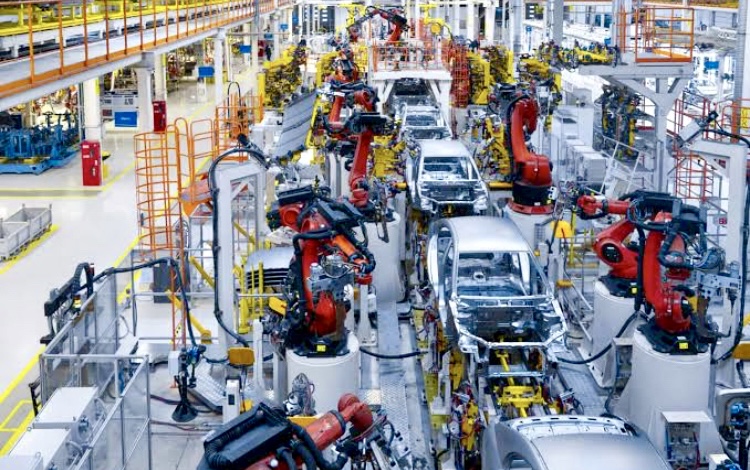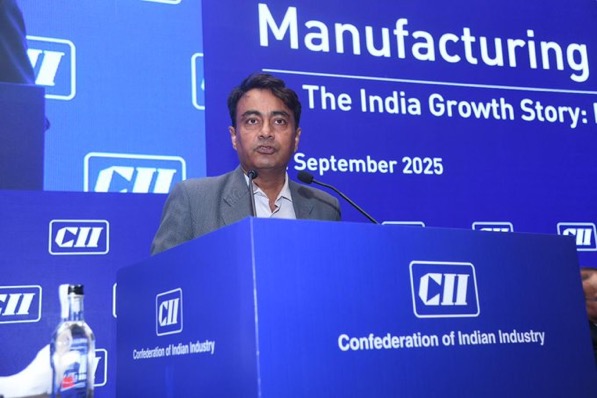India's pursuit of manufacturing excellence, targeting a 25% GDP contribution, demands a cohesive strategy integrating State-Centre collaboration to streamline policies and leverage schemes like the Jan Vishwas Act for regulatory ease. Land reforms, simplifying acquisition and usage, will unlock industrial potential, while skilling in Industry 4.0 technologies ensures a workforce adept at producing high-quality, competitively priced goods for global markets, said Rajeev Singh Thakur, Additional Secretary, NITI Aayog.
Thakur was addressing the 2nd edition of CII Manufacturing Conclave on “The India growth story: Defining Competitiveness”, organised by Confederation of Indian Industry.
India's Manufacturing Vision 2030 aims to transform the nation into a global manufacturing hub, with key sectors playing pivotal roles to drive significant job creation, boost exports, and shift from low-cost production to innovation-led, sustainable manufacturing.

Thakur said, southern and western states have taken the lead, while northern and eastern regions are also improving business environments and investment facilitation. The government is playing its part more aggressively, gradually simplifying rules, procedures, and guidelines to make business more friendly.
“Public investment in infrastructure, like quality roads, highways, ports, and airports, is creating opportunities. Now it is time for the private sector to expand capacity and bring in more investment”, he added.
Thakur releases sectoral report
Thakur released the Manufacturing Sectoral Snapshot Report on the occassion that encapsulates the drivers and strategic focus on fostering innovation, sustainability, and global competitiveness to transform the sectors into engines of economic growth, establishing India as a manufacturing powerhouse by 2030.
The report has presented flash studies on six focus sectors, Industrial Automation and AI, Footwear, Smart and Green Tyres, Plastics, Foundry, and Hands and Power Tools.
The report identifies, strategic policy interventions, including rationalizing import duties, promoting domestic raw material production, and streamlining logistics under initiatives like PM GatiShakti, will address structural challenges. It also underscores sustained investment in innovation, infrastructure, and human capital, alongside a commitment to self-reliance and global integration can help India unlock the full potential of its manufacturing sectors, paving the way for a resilient and dynamic economy and global competitiveness.

The BuckStopper, run by a group of seasoned journalists, holds the powerful accountable. The buck stops with them, as they cannot shrug off their official responsibilities.



